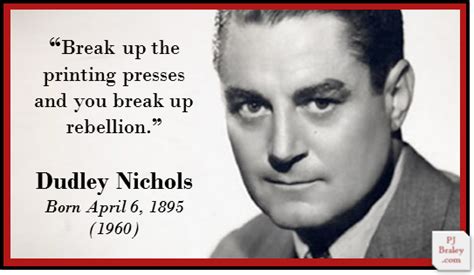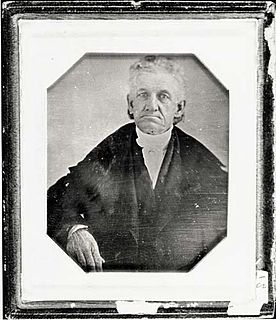A Quote by Noah Webster
The moral principles and precepts contained in the Scripture ought to form the basis of all our civil constitutions and laws.
Related Quotes
The moral principles and precepts contained in the Scriptures ought to form the basis of all our civil constitutions and laws . . . The religion which has introduced civil liberty is the religion of Christ and his Apostles . . . This is genuine Christianity and to this we owe our free constitutions of government.
In this world laws are written for the lofty aim of "the common good" and then acted out in life on the basis of the common greed. In this world irrationality clings to man like his shadow so that the right things get done for the wrong reasons - afterwards, we dredge up the right reasons for justification. It is a world not of angels but of angles, where men speak of moral principles but act on power principles; a world where we are always moral and our enemies always immoral; a world where "reconciliation" means that when one side gets the power and the other side gets reconciled to it.
Jesus of Nazareth could have chosen simply to express Himself in moral precepts; but like a great poet He chose the form of the parable, wonderful short stories that entertained and clothed the moral precept in an eternal form. It is not sufficient to catch man's mind, you must also catch the imaginative faculties of his mind.
If the federal constitution is to be construed so far in connection with the state constitutions, as to leave the trial by jury in civil causes, for instance, secured; on the same principles it would have left the trial by jury in criminal causes, the benefits of the writ of habeas corpus, etc. secured; they all stand on the same footing; they are the common rights of Americans, and have been recognized by the state constitutions.
History will also give occasion to expatiate on the advantage of civil orders and constitutions; how men and their properties are protected by joining in societies and establishing government; their industry encouraged and rewarded, arts invented, and life made more comfortable; the advantages of liberty, mischiefs of licentiousness, benefits arising from good laws and a due execution of justice. Thus may the first principles of sound politics be fixed in the minds of youth.




































